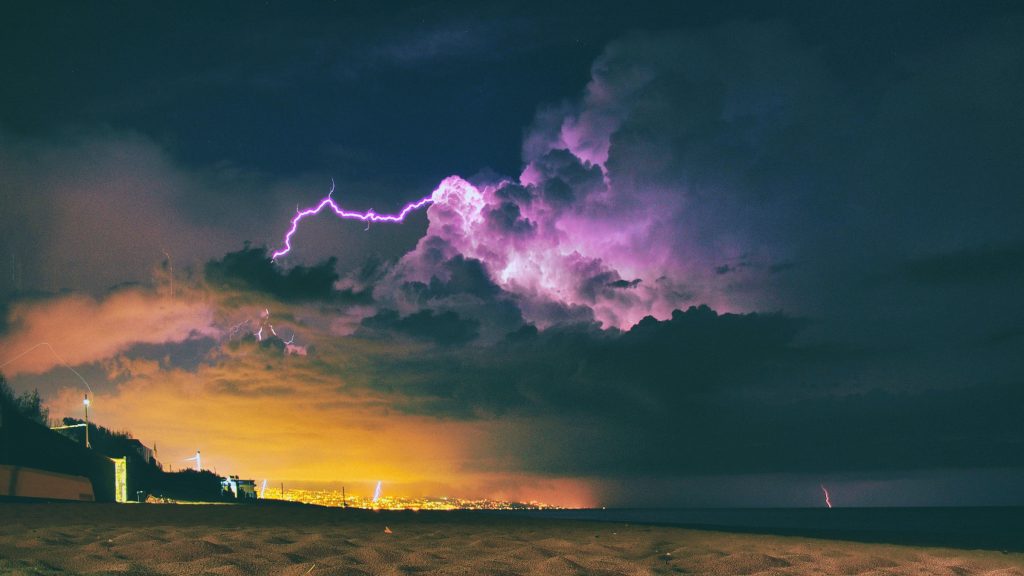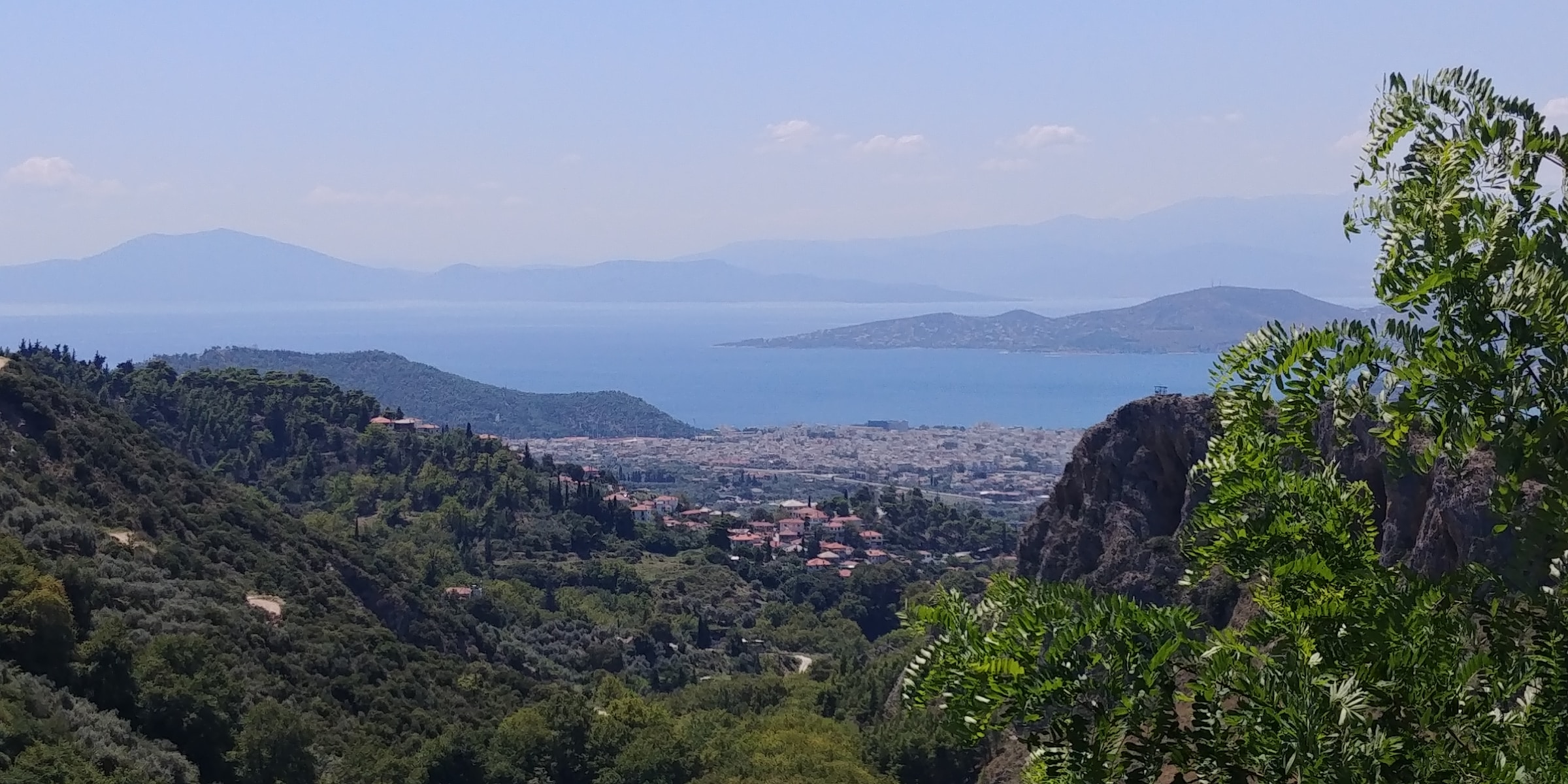
Storm Elias Strikes: Climate Change’s Wrath Tests Greece’s Resilience
Once known for its picturesque landscapes and historical sites, central Greece has lately become synonymous with nature’s fury. Storm Elias, the second powerful tempest in less than a month, descended upon the region with a wrath that resonated in the hearts of those in its path.
Elias’s Aftermath: A City Submerged
The once bustling city of Volos now eerily resembles a lake. As homes submerged and streets became rivulets, the storm’s catastrophic impact was felt acutely by its residents. Hundreds found themselves stranded in surrounding mountain villages, relying heavily on fire services for rescue and evacuation. The despair was palpable in the voice of Mayor Achilleas Beos, likening the city’s plight to the biblical tale of Noah’s Ark.
Yet, amid the gloom, there was a glimmer of hope. Authorities reported no fatalities, a silver lining especially when considering the region is still grappling with the aftermath of a lethal storm from earlier this month, which claimed 16 lives and inflicted damages exceeding €2 billion.
A City’s Resilience Put to Test
The spirit of the people of Volos is unwavering even in the face of adversity. Residents, armed with brooms and plastic buckets, rallied together, wading through knee-high waters, to salvage their homes and belongings. Apostolis Dafereras, an octogenarian who has witnessed the city’s transformation since 1955, summed up the sentiment: “I have never seen anything like this.”
His recollection of the harrowing experience paints a vivid picture: “The water came in, and we were practically swimming. We took refuge upstairs with our tenant.” This sentiment of shock and disbelief echoed in many corners of Volos.
Evia’s Ecological Wounds Reopened
Evia, an island neighboring Volos, bore the brunt of Elias as well. Already grappling with the ecological aftermath of massive wildfires two years ago, the region is susceptible to flooding. The scars left behind by the fires and their impact on the soil and vegetation made the island’s terrain more vulnerable to Storm Elias.
EU’s Aid and Greece’s Commitment to Change
Recognizing the severity of the situation, the European Union has pledged over €2 billion in financial aid to support Greece. This gesture aims to alleviate the damages from the summer wildfires and the ongoing floods. Simultaneously, Athens is renegotiating the terms of other aid packages, emphasizing the need for funds to be directed towards climate change adaptation.
Prime Minister Kyriakos Mitsotakis acknowledged the challenges while addressing Parliament, stating, “The positive course of the country has been overshadowed by natural disasters that are attacks caused by climate change.” He committed to rebuilding the infrastructure to higher standards, promising resilience against future calamities.

A Cry for Action
However, for some residents of Volos, promises aren’t enough. The recurrence of such calamities points to systemic issues and inadequate infrastructure. Their houses, their sanctuaries, have been damaged twice in a short span, leading to growing dissatisfaction and frustration.
City resident Pantos Pinakas did not mince his words, accusing authorities of not just amateur handling of the situation but also of gross negligence.
In Conclusion
The aftermath of Storm Elias is a poignant reminder of the unprecedented challenges posed by climate change. As the world grapples with its ever-evolving nature, regions like Volos stand as testimonies to its devastating effects. It is a clarion call for proactive measures, international collaboration, and local resilience to confront and adapt to this new reality.
©eco-guardians.org